

Consortium and Partners
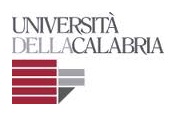 |
Università della Calabria Italy |
Scientific Coordinator: Vincenzo Carbone
Outgoing (EU funded) / Incoming months: 64 / 53
Website: www.unical.it,
Dept. website: www.fis.unical.it
The Plasma Astrophysics group at the University of Calabria has a solid research tradition in the
fields of plasma physics, space physics, and nonlinear dynamics. Actively involved in the design
and exploitation of new space missions (Solar Orbiter, Cross-Scale), the group has developed
excellent resources for the advanced analysis of data for the characterization and the
understanding of many turbulent processes in plasmas. Data used includes spacecraft and fusion
device measurements. In the domain of high performance computing, Calabria group is particularly
expert in incompressible and compressible MHD simulations, kinetic Vlasov simulations, and
kinetic test particle simulations.
 |
Imperial College London (UK) |
Scientific Coordinator: Jonathan Eastwood
Outgoing (EU funded) / Incoming months: 10 / 22
Website: www3.imperial.ac.uk,
Dept. website: www3.imperial.ac.uk/physics
Space physics research at Imperial College (IC) is of the highest
international standing as evidenced from leadership roles in
international space projects; high profile publications, invited
talks, awards and prizes. IC is playing a leading role in the
development of new spacecraft missions, including Solar Orbiter (PI
institute for the Magnetometer - Horbury). The advanced analysis of
space missions data is also massively performed at IC.
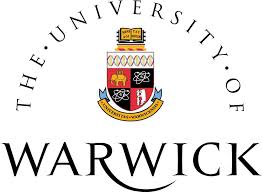 |
University of Warwick Warwick (UK) |
Scientific Coordinator: Sandra Chapman
Outgoing (EU funded) / Incoming months: 31 / 32
Website: www2.warwick.ac.uk,
Dept. website: www2.warwick.ac.uk/fac/sci/physics/research/cfsa
In terms of the underlying fundamental plasma physics, the Centre for
Fusion, Space and Astrophysics at Warwick University (CFSA) is almost
unique in supporting active research, and expertise, across a broad
range of approaches. In High Performance Computing, we have the
several MHD, PIC and Vlasov codes developed in house. In spatial field
and time series analysis we again have a track record of over a
decade. This includes both applying well developed spectral and
statistical methods and developing and pioneering novel techniques
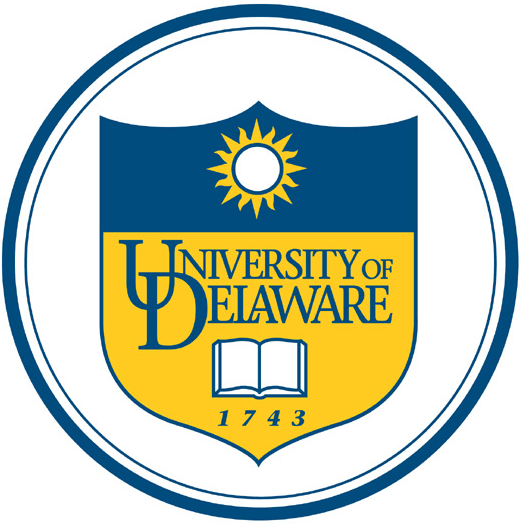 |
University of Delaware Newark (USA) |
Scientific Coordinator: William Matthaeus
Outgoing (EU funded) / Incoming months: 42 / 48
Website: www.udel.edu,
Dept. website: www.bartol.udel.edu
The group led by Prof. Matthaeus at Bartol Institute, Delaware
University is involved in a series of projects in the US that are
funded by the US Dept. of Energy, NASA, and the US National Science
Foundation. The group has excellent expertise in the design,
development and exploitation of several codes for the numerical
simulation of MHD flows. Data analysis techniques, specially
concerning solar wind space missions data, is a core skill of the
Delaware group. Furthermore, the group has showed a recognized
excellence in theoretical modelling of solar wind turbulence and, more
in general, of plasma dynamics.
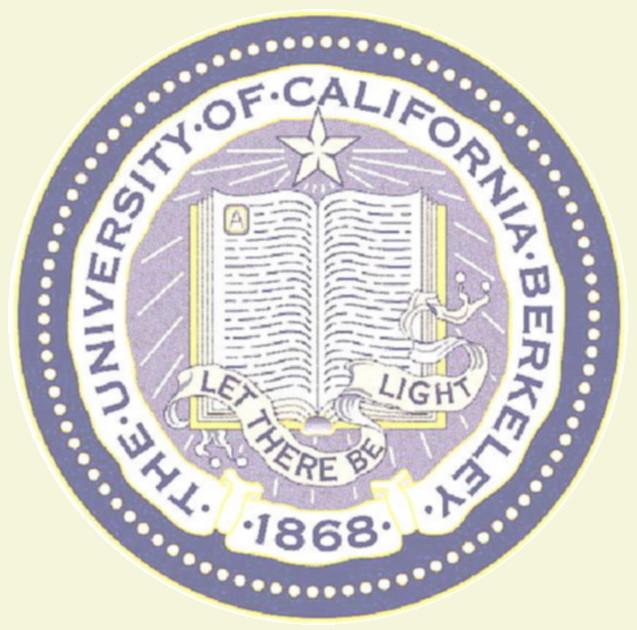 |
University of California Berkeley (USA) |
Scientific Coordinator: Stuart Bale
Outgoing (EU funded) / Incoming months: 31 / 44
Website: www.berkeley.edu,
Dept. website: www.ssl.berkeley.edu
UCB/SSL has developed about 100 space instruments/missions, with over
~20 instruments currently operating in space, all competitively
selected for scientific excellence. The excellence of the scientific
results obtained also thanks to the space data analysis and modelling
is evident from the large record of publications of the SSL staff.
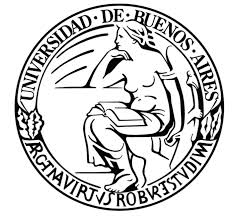 |
Universidad de Buenos Aires Buenos Aires (Argentina) |
Scientific Coordinator: Pablo Mininni
Outgoing (EU funded) / Incoming months: 34 / 13
Website: www.uba.ar,
Dept. website: www.df.uba.ar
The Group of Astrophysical Flows, within the Department of Physics, in
the School of Natural and Exact Sciences of the University of Buenos
Aires is active in the field of fluid dynamics with astrophysical and
geophysical applications, turbulence, and space physics. In the area
of space physics, data analysis initiatives are led by Sergio Dasso
while numerical methods and simulations are led by the rest of the
group.